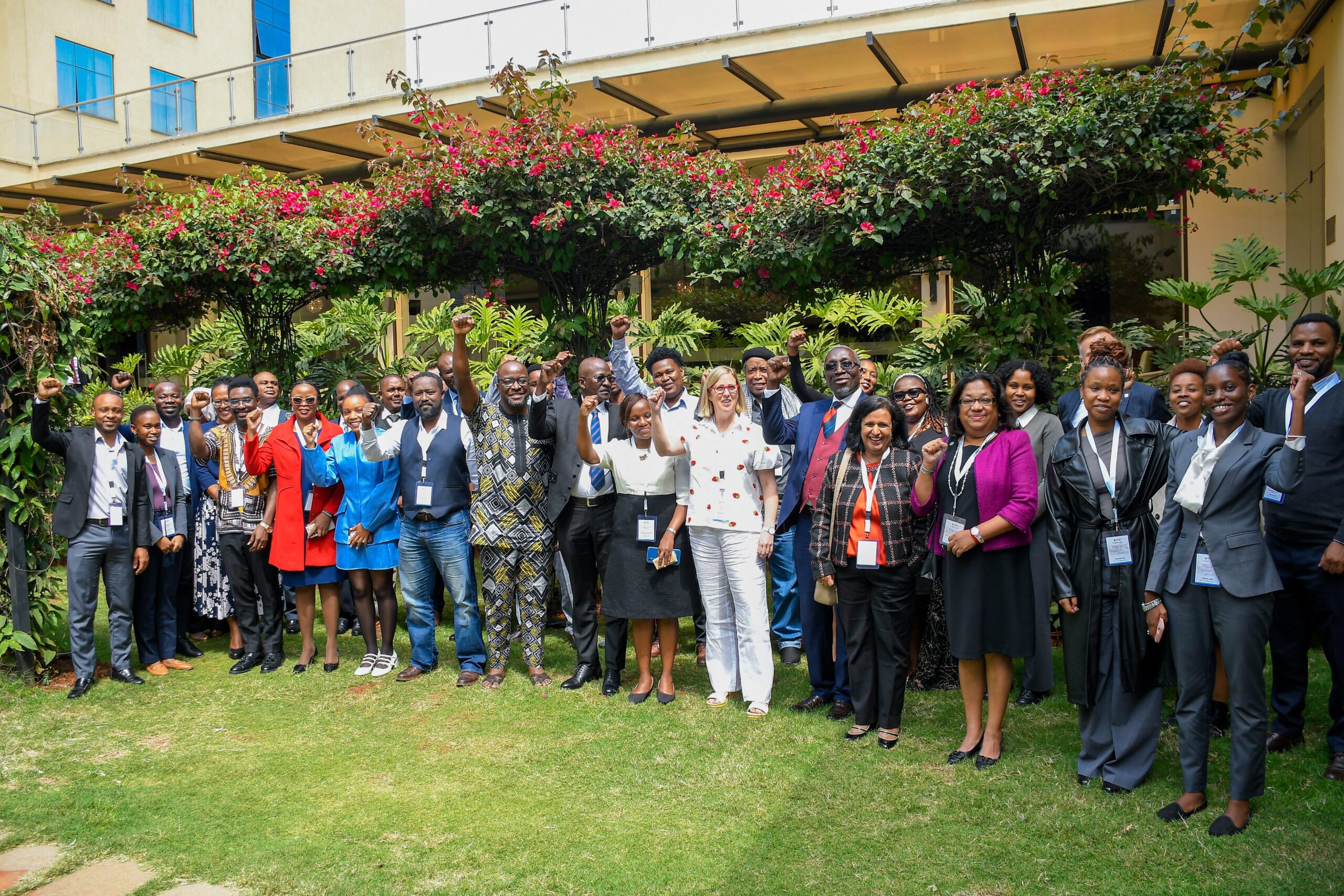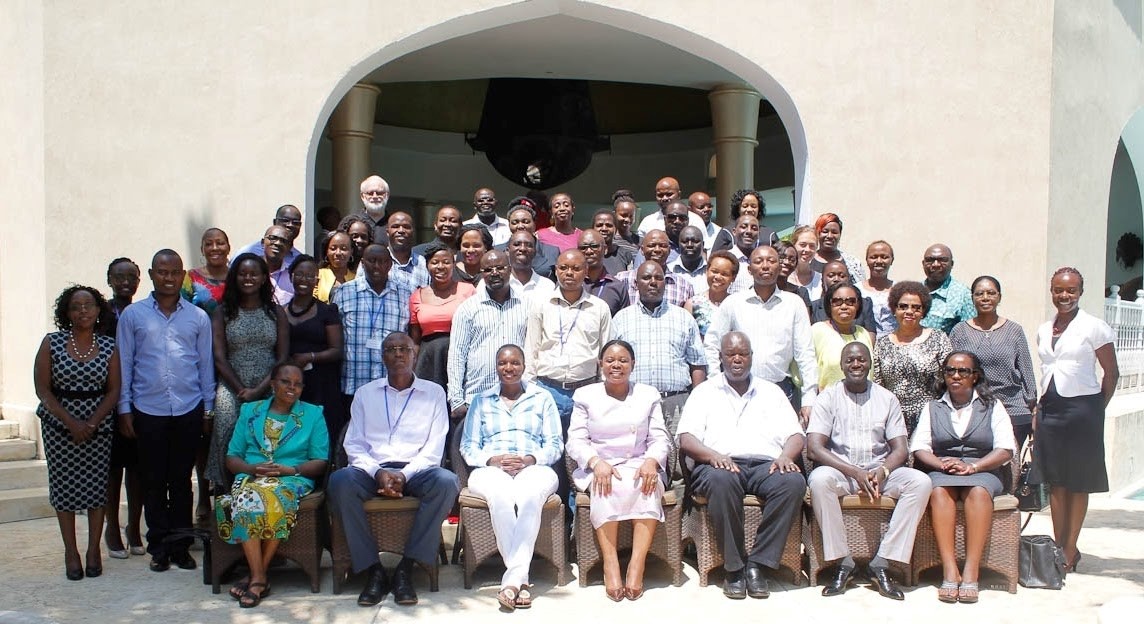The Kenyan Section of International Jurists (ICJ Kenya) in partnership with the National Gender and Equality Commission (NGEC) and its civil society partners, the Kenya Human Rights Commission (KHRC), Federation of Women Lawyers (FIDA Kenya) was proud to host the 2015 Annual Jurists Conference in Kwale County from the 24th to 28th November 2015.
The conference theme was dubbed: “Achieving Gender Equality in Political Processes, From Theory to Practice: Lessons for Africa” which focused on African democracies that have attained equitable gender representation in political process with a view to drawing lessons for Kenya in efforts to engender gender representation in political processes.
The emerging consensus from the Conference is that August 2016 is the zero hour. Whatever interventions to achieve the two thirds gender principle must be put in place between now and before 2017. Whereas there are various interventions, this conference proposes the one with the greatest possibility of realization within the available time frame. Accordingly, the following resolutions have been proposed for adoption and immediate action:
The conference emphasizes that the gender conversation must be recast as a matter of concern to all and as a human rights issue. This responsibility lies with the drivers of social change including civil society, women movements and human rights defenders;
The conference recognizes the importance of strengthening the quality and support structures for women parliamentarians at the National Assembly and Senate, and women Members of County Assemblies;
The conference acknowledges that there is need for the drivers of the social conversation to build strategic partnerships with key institutions, political parties, media, faith based organizations, and civil society;
The conference urges women leaders, and especially elected leaders to respect each other and work together for the advancement of women’s rights to political representation and participation;
The conference urges women in politics to refuse to be polarized along political, party or ethnic lines. Women should speak with one accord in promoting equitable gender representation and participation in political processes;
The conference recommends that women leaders and crusaders of the two thirds gender principle should work with willing and supportive men. The justification for a unified approach being that persistent exclusion of women from political processes undermines the realization of democratic transformations envisioned in the constitution;
The conference requires IEBC to enforce the letter and spirit of the law, at all times, including especially, supervision of political party nominations. IEBC should enforce the spirit of the law to increase women participation by ensuring that women are ranked as first candidates in the zebra lists. IEBC should also ensure publication and publicization of party lists;
The conference urges IEBC to address political violence, threats and intimidations against women during electioneering period;
Women political leaders should position themselves strategically in their political parties. Women should lend political support only to parties that adhere to gender parity requirements in party decision making organs;
The conference calls on women leaders, human rights defenders and civil society actors to continuously resist practices that foster disrespect or arrogance towards women;
The conference encourages all stakeholders to support affirmative action measures in its various manifestations;
The conference acknowledges that proportional representation is a system of choice. That there is need to replace the first past the post system with proportional representation;
Civil society organizations should continuously hold the government to account and challenge violations of the constitution. Recent appointments and reorganization of the cabinet is a case in point of a reversal of the two thirds gender principle in the cabinet;
The Registrar of Political Parties should ensure that political party funds are disbursed only to parties that adhere to gender requirements.
The conference encourages women to align the two thirds gender agenda with responsive political formations. Women leaders are reminded that power concedes nothing without demand. In this regard, women leaders are advised to mobilize political actors to reject the Constitution of Kenya (Amendment) Bill, 2015, popularly known as the Chepkonga Bill.
The conference acknowledges that there are more than one option for the realization of the two thirds gender principle and urges all actors to gather support for all the processes. In this regard, the conference expresses support for both the Constitution of Kenya (Amendment) (No.4) Bill, 2015, popularly known as the Duale Bill and the Green Amendment Campaign.
The conference acknowledges that is a possible option for realization of the two thirds gender principle, although unlikely to be realized within the remaining time frame for legislation.
The conference avers that the role of the judiciary in promoting gender representation lies in affirming the rights of women through progressive jurisprudence as opposed to a technical jurisprudential approach. Also, it reminds lawyers that better prepared and well researched briefs will enable courts make progressive decisions.





